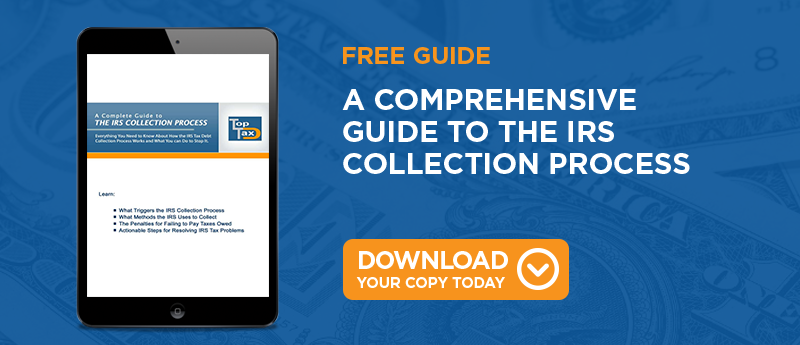
Taxpayers with IRS installment agreements have the opportunity to clear their accounts with the agency over time. However, some taxpayers end up defaulting on their agreements by missing payments or sending them in late. What are the consequences of defaulting on an IRS installment agreement?
What is an IRS Installment Agreement?
An IRS installment agreement allows you to pay your back tax debt over an extended period of time. If you request an agreement, you can choose how much of your bill to pay each month, as long as you pay the full balance within six years. There's no fee to set up an installment plan, but you will continue to accrue interest on the unpaid balance as you make your payments.
The advantage of getting an IRS installment agreement is that you will remain in compliance with the IRS during the program. This will prevent the agency from pursuing additional collection action against you as long as you make your monthly payments on time.
Consequences of IRS Tax Default
However, even if you have an existing IRS installment agreement, the agency has the right to terminate the plan if you stop making payments or if you habitually make late payments. The IRS is not required to give you advance notice of the termination, so you may not know that your agreement has been terminated until after it has been done.
In most cases, though, the IRS waits about 60 days before terminating an installment plan. So if you miss one payment or make one payment late, you may be able to keep your agreement in effect if you send your payment right away.
It's important to note that the IRS can also terminate your installment agreement if you owe another tax debt during your repayment period. This may even happen if you have been making your payments regularly and on time. To avoid this, file all of your tax returns on time and remit any new tax debts as soon as they become due.
What to Do If You Cannot Afford Your Installment Agreement
What can you do if you are unable to continue making your installment payments to the IRS? Rather than simply ignoring the payments, contact the agency immediately and inform them of the change in your financial situation. You may have to submit documentation of reduced income or increased expenses. Talking to the IRS early on can prevent the agency from finding you in default of your agreement and pursuing collection action.
If you default on your IRS installment agreement, the agency may terminate your repayment plan. If your plan is terminated, the IRS can take action to collect the amount due, such as imposing a tax lien.




